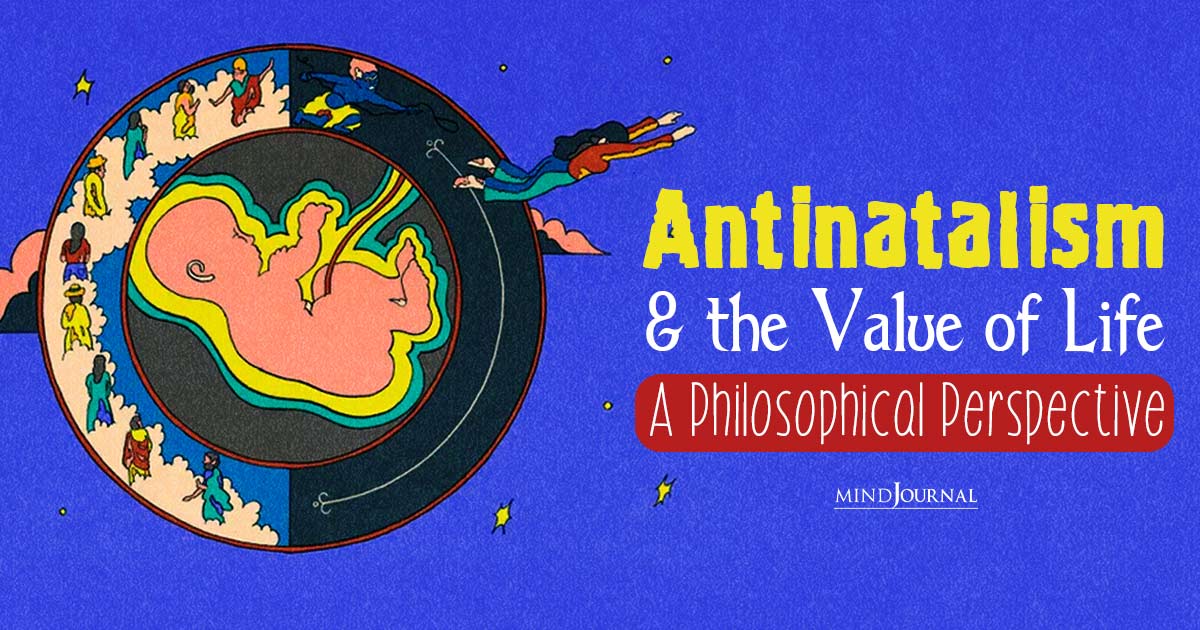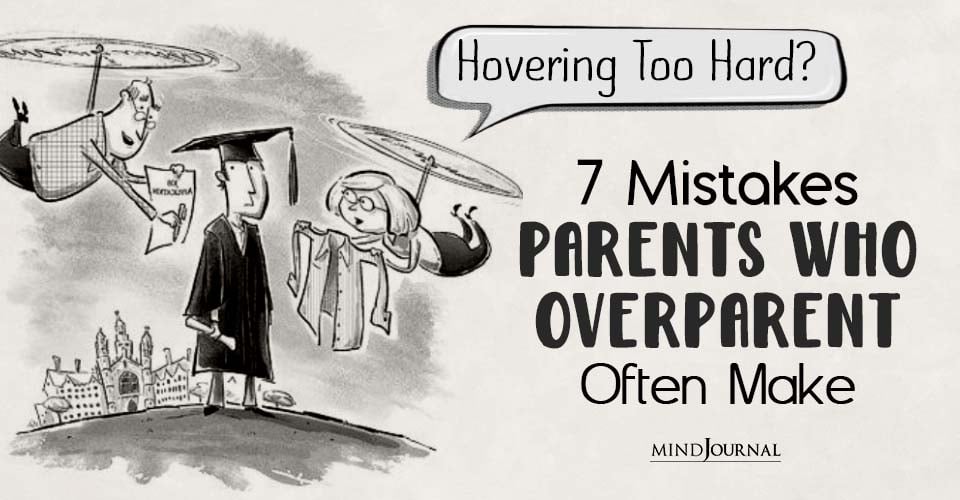Are we morally obligated to bring new life into this world? Antinatalism, a philosophical concept gaining traction, argues that we shouldn’t. Let us explore what is antinatalism, its arguments, and its implications for society.
What is antinatalism?

Antinatalism is a philosophical position that holds that it is morally wrong to procreate. The term comes from the Latin words “anti” which means against, and “natal” which means birth.
Antinatalists believe that life is full of pain and suffering. They argue that bringing new life into the world is a form of harm, as it exposes the new individuals to the pain and suffering that is inherent in life. They believe that not bringing new people into this world is a greater idea as it is better not to exist at all than to exist and suffer.
Antinatalism is not a new idea. It has been around for centuries, with some of the earliest proponents being the ancient Greek philosophers. However, it has gained more attention in recent years, especially on social media platforms like Reddit and Twitter.
Related: Philosophy 101: 10 Philosophical Concepts To Help You Navigate Life’s Complexities
Understanding antinatalism
Antinatalism is an idea that continues to spark debate. But what is antinatalism, exactly, and why do some people adopt this controversial philosophical position?
So what is antinatalism? At its core, antinatalism contends that humans should abstain from procreation. An antinatalist will argue that humans should stop reproducing to reduce inevitable suffering in the world.
Antinatalists believe that life is full of suffering, and that it is unfair to impose this suffering on someone who cannot consent to it. They also argue that the world is overpopulated and that we are doing a disservice to future generations by continuing to reproduce.
Many antinatalists say antinatalism stems from their desire to reduce suffering. They believe bringing new life into the world inevitably subjects that individual to pain, sickness, old age, and eventual death. To an antinatalist, nonexistence – or never being born – is morally superior to existing.
According to antinatalists, the supposed benefits of existence do not outweigh this inherent suffering. They argue that human beings have a duty not to impose life – with all its hardships – on another person without their consent. Essentially, potential children cannot consent to be born and face inevitable struggles.
History of antinatalism
To better understand what is antinatalism, we need to delve into its origins. Antinatalism is a relatively new philosophical movement, but its roots can be traced back to the ancient Greek philosopher Epicurus.
Epicurus believed that the goal of life is to achieve happiness, and that the best way to do this is to minimize pain and suffering. He argued that birth is a source of pain and suffering, and that therefore it is wrong to bring new people into the world.
In the 19th century, the philosopher Schopenhauer also argued against the idea of procreation. He believed that life is inherently meaningless and that there is no point in bringing new people into the world.
In the 20th century, the philosopher Benatar developed a more comprehensive argument against procreation. He argued that there are three fundamental ways in which life is bad:
1. The asymmetry of pleasure and pain
Pleasure is good, but pain is bad. However, while pleasure is good, the presence of pain is far worse. This means that it is always worse to be born than not to be born.
2. The inevitability of suffering
All humans experience suffering at some point in their lives. This suffering can be physical, mental, or emotional.
3. The uncertainty of life
We cannot know what the future holds. This means that we cannot know whether the life we create will be happy or miserable.
Based on these arguments, Benatar concludes that it is wrong to bring new people into the world.
Related: What Is The Main Idea Of Existentialism? Exploring The Philosophy Of Individual Freedom And Choice
Arguments for antinatalism
There are several arguments that an antinatalist may use to support their position that can help us understand what is antinatalism. Let’s take a look at some of these arguments –
1. Suffering is inherent in life
One of the main arguments for antinatalism is that life is full of suffering. We all experience pain, illness, and loss. Even the happiest and most successful people in the world cannot escape these realities.
Antinatalists argue that it is morally wrong to subject new individuals to this experience, as it is a form of harm.
2. Overpopulation and environmental destruction
Another argument for antinatalism is that the world is already overpopulated, and bringing new individuals into the world only exacerbates this problem.
Antinatalists argue that overpopulation leads to environmental destruction, resource depletion, and increased suffering for all living beings.
3. The asymmetry between pleasure and pain
Antinatalists argue that positive experiences and pleasure do not balance out or outweigh the massive amount of pain and problems humans face.
They claim enjoyment and happiness are fleeting but pain and suffering are constant. One moment of severe suffering – like the death of a loved one – can eliminate years of joy.
4. The non-identity problem
The non-identity problem is a philosophical problem that arises when considering the moral implications of procreation. Antinatalists argue that when we procreate, we are creating a new individual who did not exist before.
This new individual has no say in whether or not they want to be brought into existence, and they have no control over the circumstances of their life. An antinatalist believes that it is morally wrong to subject someone to existence without their consent.
Antinatalists argue that children do not get to choose whether they want to exist and face inevitable suffering. To antinatalists, this lack of consent makes procreation unethical.
5. The hedonic treadmill
The hedonic treadmill is a psychological phenomenon where humans adapt to changes in their circumstances, and their level of happiness returns to a baseline level.
Antinatalists argue that even if we bring new individuals into the world who are initially happy, they will eventually adapt to their circumstances and return to their baseline level of happiness.
In other words, creating new individuals does not increase the overall happiness in the world.
6. Life is meaningless
Known as the argument from futility, it states that it is wrong to bring new people into the world because life is ultimately meaningless. There is no point in trying to achieve anything in life, because everything will eventually be forgotten.
The argument from futility is based on the principle of nihilism. Nihilism is the belief that there is no meaning in life. According to the principle of nihilism, there is no point in doing anything, because nothing matters.

Arguments against antinatalism
While there are several arguments in favor that help us grasp what is antinatalism, there are also several arguments against it:
1. Life is worth living
One of the main arguments against antinatalism is that life is worth living, despite the pain and suffering that comes with it. Many people find joy and meaning in their lives, and would not want to have missed out on these experiences.
2. Procreation is a natural instinct
Another argument against antinatalism is that procreation is a natural instinct, and that it is unrealistic to expect people to abstain from it. Humans have a biological drive to reproduce, and it is difficult to suppress this drive.
3. Antinatalism is impractical
Finally, some argue that antinatalism is impractical, as it is unlikely that the majority of people will adopt this philosophy. Even if an antinatalist stops reproducing, the rest of the population will continue to procreate, and the human population will continue to grow.
Related: Do Souls Choose Their Parents? 6 Fascinating Facts
Common criticisms of antinatalism
Antinatalism is a controversial philosophy that has received its fair share of criticisms. Some of the common criticisms of antinatalism are:
1. It is morally wrong to deny potential individuals the chance to exist
One of the most common criticisms of antinatalism is that it is morally wrong to deny potential individuals the chance to exist. Critics argue that every individual has the right to exist, and that denying them that opportunity is a form of harm.
2. It is pessimistic and ignores the positive aspects of life
When you know what is antinatalism, you may realize that it is overly pessimistic and ignores the positive aspects of life. Critics argue that while life may be full of suffering, it is also full of joy, love, and other positive experiences.
3. It is unrealistic
Critics of antinatalism also argue that it is impractical and unrealistic, as it is unlikely that the majority of people will adopt this philosophy.
Majority of the population will continue to procreate, and the human population will keep expanding even if a few believers of this philosophy may refrain from reproducing.
4. It may lead to a decline in society and culture
Another criticism of antinatalism is that it may lead to a decline in society and culture. Critics argue that without new generations, society will stagnate and cultural progress will slow down.
5. It is a privileged philosophy
Some critics argue that antinatalism is a privileged philosophy that ignores the struggles of marginalized communities.
They argue that for many people, having children is a way to create a legacy and ensure that their culture and values are passed down to future generations.
While antinatalism has gained some traction in recent years, it remains a controversial philosophy with many critics. These criticisms challenge the core assumptions of antinatalism and raise important questions about the value of life and the ethics of procreation.
Implications for society
Antinatalism has several implications for society, including:
1. Reduced population growth
If more people understand what is antinatalism and adopt it, the human population will likely grow at a slower rate. This could help to alleviate some of the problems associated with overpopulation, such as resource depletion and environmental destruction.
2. Changes in social norms
If antinatalism becomes more widespread, it could lead to changes in social norms surrounding procreation. For example, it could become more socially acceptable to choose not to have children.
3. Ethical considerations
Antinatalism raises several ethical considerations, including the question of whether or not it is morally wrong to bring new individuals into existence. It also raises questions about the value of life and the nature of suffering.
Related: 10 Forgotten Spiritual Truths About Raising Children
Takeaway
While antinatalism may seem extreme at first, it highlights valuable points about the nature of human hardship and the ethics of procreation. Understanding what is antinatalism and its counterarguments creates a fairer ground for people to make well-informed choices about reproduction.
The antinatalist perspective challenges cultural norms surrounding parenting and family life. It encourages us to think critically about the moral implications of bringing new life into the world, especially when others already suffer.
Ultimately, whether or not to procreate is a personal decision, and individuals must weigh the potential benefits and drawbacks for themselves.
However, antinatalism raises important questions about the ethics of bringing new individuals into this world, and the impact that our actions have on future generations. By considering these questions, we can better understand the complexities of human existence and the role that we play in shaping the world around us.
Frequently Asked Questions (FAQs):
What is an example of antinatalism?
An example of antinatalism would be choosing not to have children because of the belief that life is full of suffering.
Who is the founder of antinatalism?
Antinatalism as a philosophical concept predates modern times, but it was popularized by David Benatar, a South African philosopher.
What is the opposite of anti-natalist?
The opposite of antinatalist is pronatalist, which is a philosophy that promotes procreation and having children as a positive value.










Leave a Reply